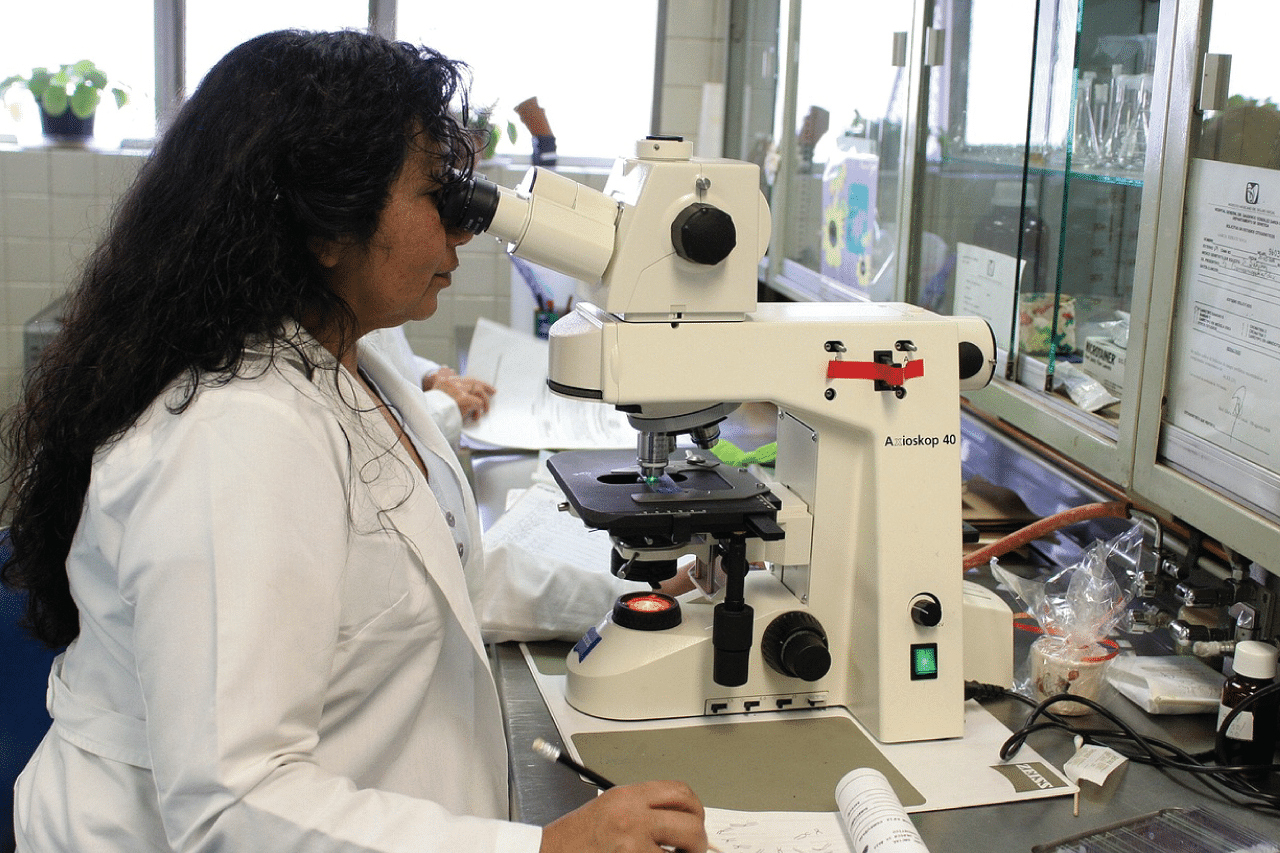Introduction
The global burden of Non-Communicable Diseases (NCDs) — including diabetes, Rheumatic Heart Disease (RHD), asthma, Chronic Obstructive Pulmonary Disease (COPD), Chronic Kidney Disease (CKD), and cancer — is rising at an alarming rate. These diseases pose significant challenges to healthcare systems worldwide, emphasizing the need for innovative solutions to enhance healthcare access, improve patient outcomes, and facilitate disease prevention. In this context, digital health, mobile technology, telemedicine, and teleradiology emerge as transformative tools that could potentially reshape healthcare delivery and management strategies for NCDs.
Section 1: Digital Health and Mobile Technology
Digital health encompasses a broad range of technologies designed to improve health and wellness. Mobile health apps, a key component of digital health, offer personalized monitoring of health indicators, promote lifestyle modifications, and ensure medication adherence, playing a crucial role in NCD prevention and management. For instance, diabetes management apps that track blood glucose levels, dietary intake, and physical activity have been shown to improve glycemic control and self-management behaviors among patients.
Similarly, mobile technology interventions for asthma patients, providing reminders for medication use and tracking symptom patterns, have demonstrated significant potential in reducing emergency department visits and improving quality of life. These examples underscore the capacity of digital health tools to empower patients, enhance self-management, and facilitate continuous care outside traditional healthcare settings.
Section 2: Telemedicine’s Role in NCD Management
Telemedicine allows patients to receive healthcare services remotely, offering a lifeline to those in rural or underserved regions. It has shown remarkable efficacy in managing chronic conditions such as RHD, CKD, and COPD by enabling remote consultations, patient education, and continuous monitoring. Research indicates that telemedicine interventions can lead to better disease control, reduced hospital admissions, and improved patient satisfaction.
For patients with CKD, telemedicine provides a platform for regular monitoring of renal function and management of co-morbidities, potentially slowing disease progression and preventing the need for dialysis. Similarly, telehealth programs for COPD patients, incorporating remote spirometry and symptom monitoring, have been effective in detecting exacerbations early and reducing hospital readmission rates.
Section 3: Teleradiology in Early Detection and Management of NCDs
Teleradiology, the electronic transmission of radiological images for diagnosis and consultation, plays a pivotal role in the early detection and management of diseases like cancer and CKD. It enables timely access to diagnostic services, especially in areas with limited medical facilities, facilitating early intervention and improved patient outcomes. Studies have highlighted the reliability and accuracy of teleradiology services, emphasizing their potential to bridge gaps in healthcare delivery and support decision-making in NCD management.
Section 4: Other Emerging Technologies in NCD Care
Emerging technologies such as wearable devices for continuous health monitoring, AI-driven predictive analytics for personalized treatment plans, and blockchain for secure patient data management are set to further revolutionize NCD care. Wearables can monitor vital signs and physical activity in real-time, offering insights into patient health and behavior patterns. AI algorithms can analyze vast datasets to predict disease risk, optimize treatment strategies, and identify potential complications before they arise. Blockchain technology ensures the secure and transparent exchange of medical data, enhancing patient trust and privacy.
Section 5: Challenges and Considerations
Despite their potential, the integration of digital health technologies in NCD care is not without challenges. Issues such as the digital divide, data privacy concerns, and the need for comprehensive regulatory frameworks must be addressed to ensure equitable access and protect patient rights. Moreover, the successful implementation of these technologies requires seamless integration with existing healthcare systems and ongoing collaboration between technology developers, healthcare providers, and policymakers.
Conclusion
Digital health, mobile technology, telemedicine, and teleradiology offer unprecedented opportunities to transform NCD prevention and management. By enhancing access to care, enabling personalized treatment approaches, and empowering patients through self-management tools, these technologies can significantly reduce the global NCD burden. However, realizing their full potential demands concerted efforts to overcome existing challenges, foster innovation, and ensure that technological advancements in healthcare are accessible to all.




